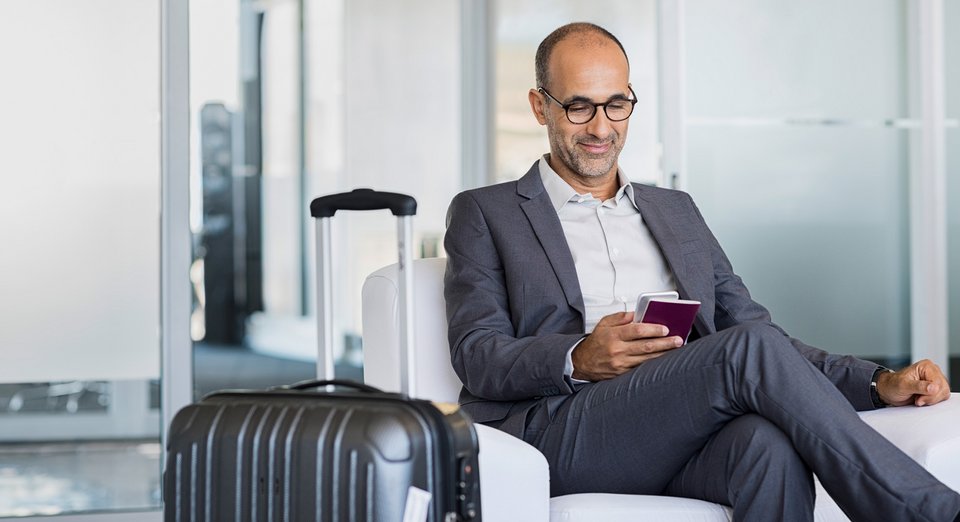
The authorities are recording more and more hacker attacks and cyber offences. We show you how to stay safe while on holiday.
The number of recorded cyber offences has doubled since 2015. The damage is immense: in its status report on cybercrime, the Federal Criminal Police Office categorises attacks with ransomware as the greatest threat. This involves encrypting data and then demanding a ransom for the release of the data. The authority estimates the damage caused by this alone at 24.3 billion euros for 2021.
The war has further exacerbated the situation. In addition to the criminal component, there is also a political component, with critical infrastructures being targeted by hacktivists and Russian hackers. Even before Russia's attack on Ukraine, the Federal Office for Information Security had to declare a "red alert".
This makes it all the more important to keep an eye on IT security - whether for business or private devices. This is especially true now that travelling is possible again with almost no restrictions and the holiday season has begun.
Here are a few tips to ensure that your devices remain virus-free while on holiday or on a business trip.
- Check your devices for updates before travelling and carry them out.
- Private: Back up your devices regularly and especially before travelling to an external hard drive that is stored securely - alternatively encrypted in cloud storage.
- Your business data on our network drives is backed up automatically - you don't need to do anything else here
- Do not leave mobile phones, laptops or tablets unattended
- Set the time window after which the screen is locked when inactive to a maximum of one minute - preferably shorter.
- Activate all wireless interfaces such as Bluetooth, NFC (Near Field Communication) and Wi-Fi only for the time you need them
- A hotel WLAN with an access code is not automatically more secure than one without a password - in both cases, take all the protective measures mentioned here
- Before dialling into the hotel Wi-Fi, check the name carefully. Criminals sometimes set up Wi-Fi networks with very similar-sounding names in order to gain access to guests' devices.
- Do not carry out updates in public Wi-Fi networks.
- Do not use public networks for online banking. Your own mobile phone connection is safer, even if it costs money.
Watch the video to find out what can happen in public Wi-Fi networks and how you can protect your devices and data.
